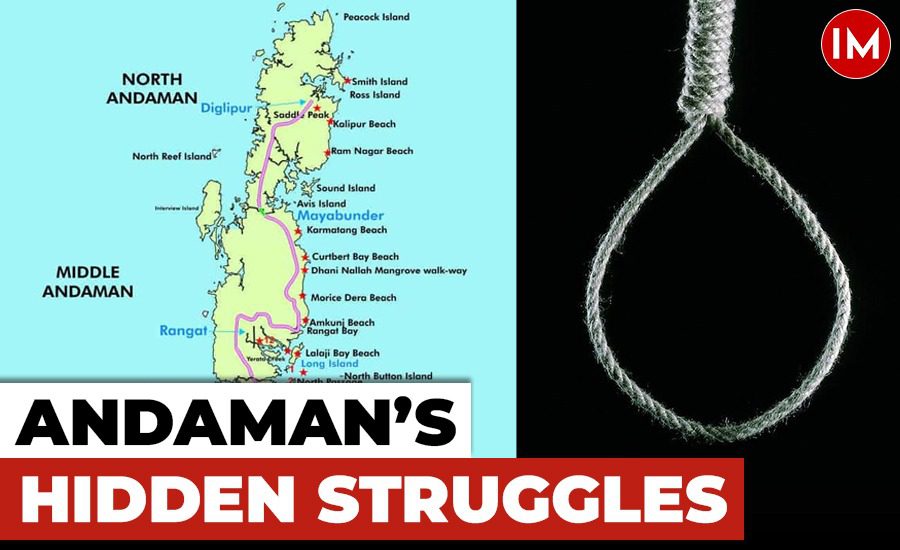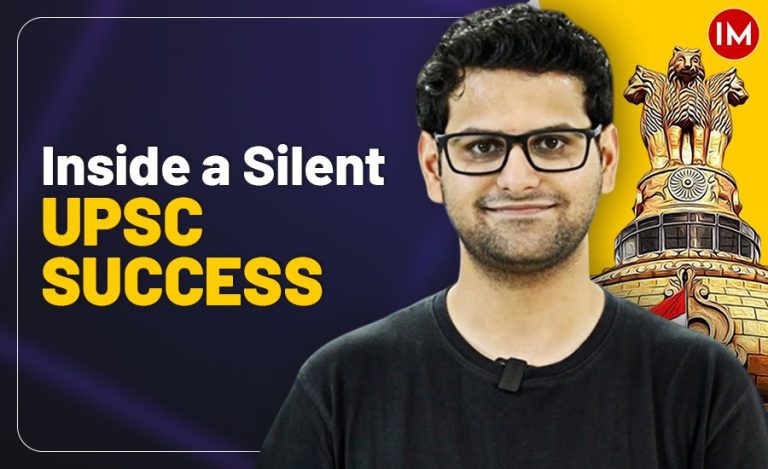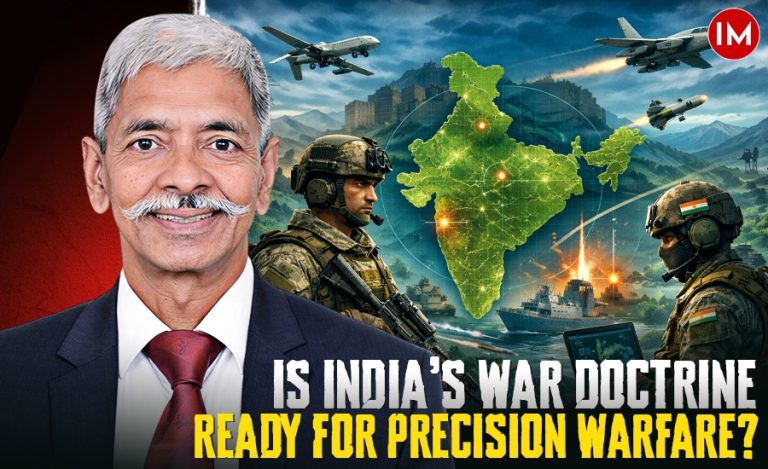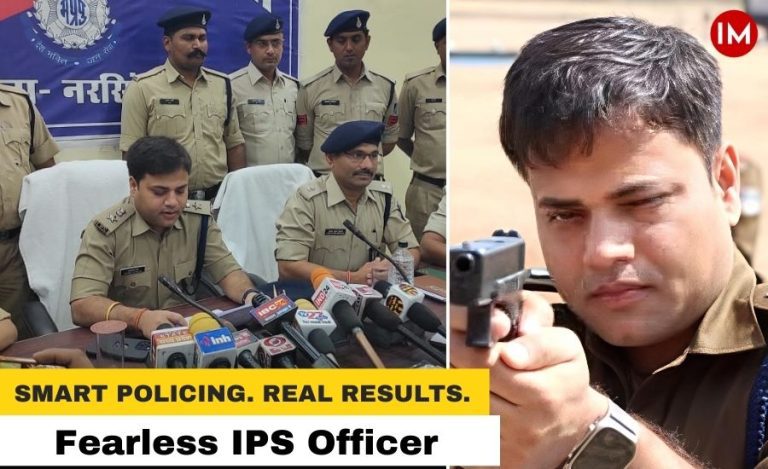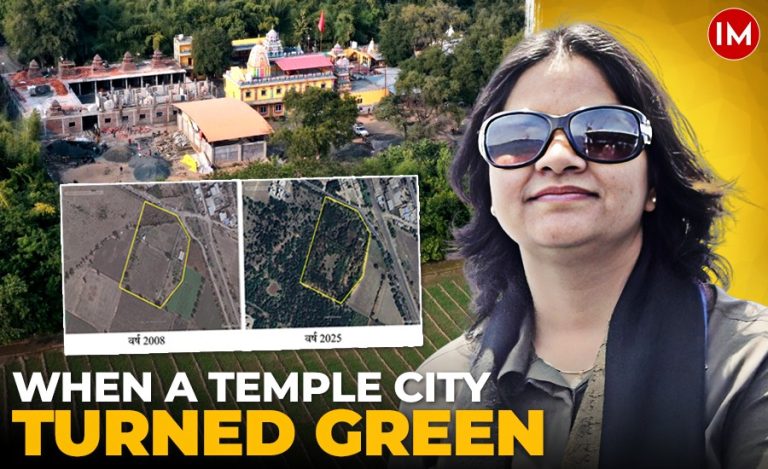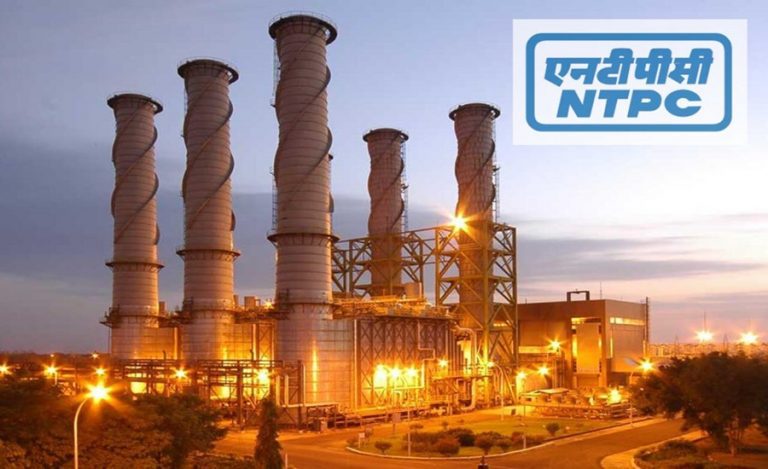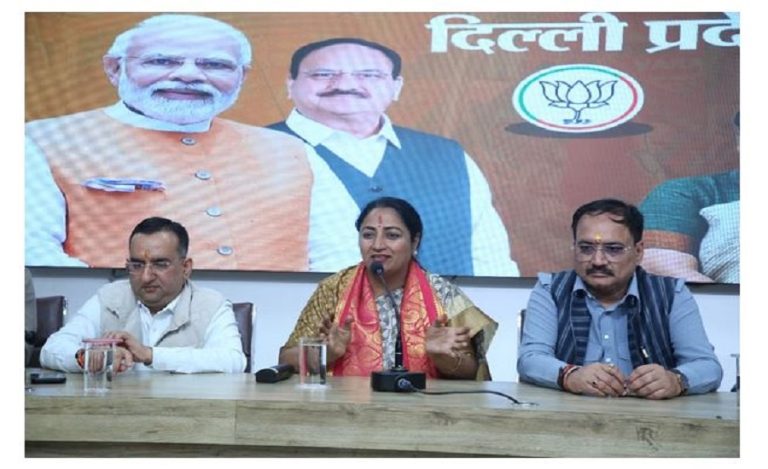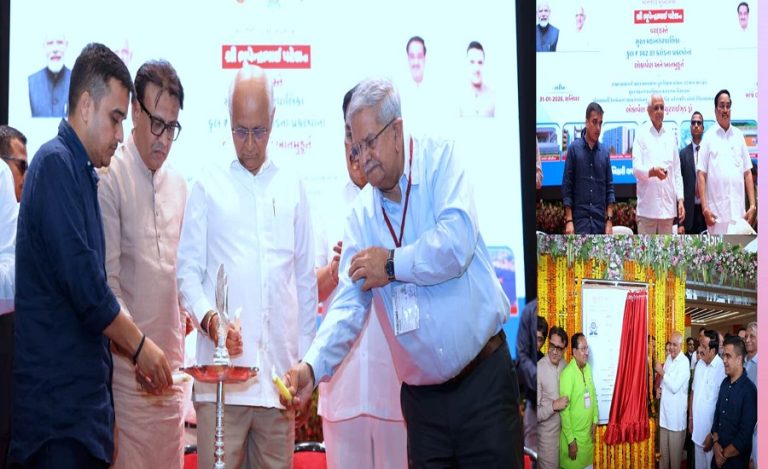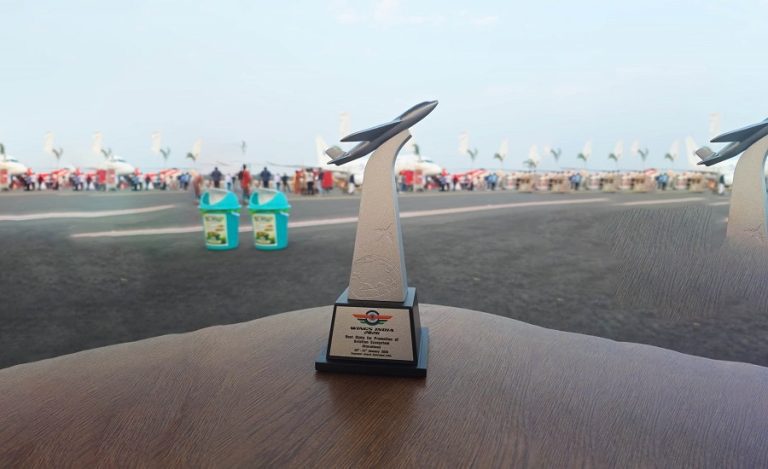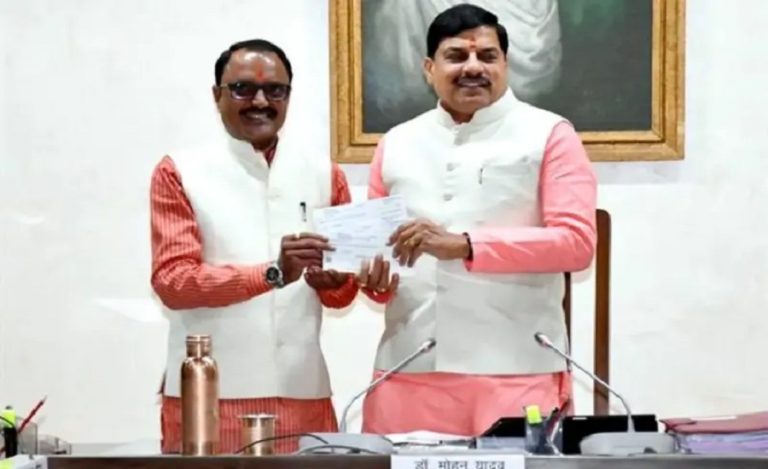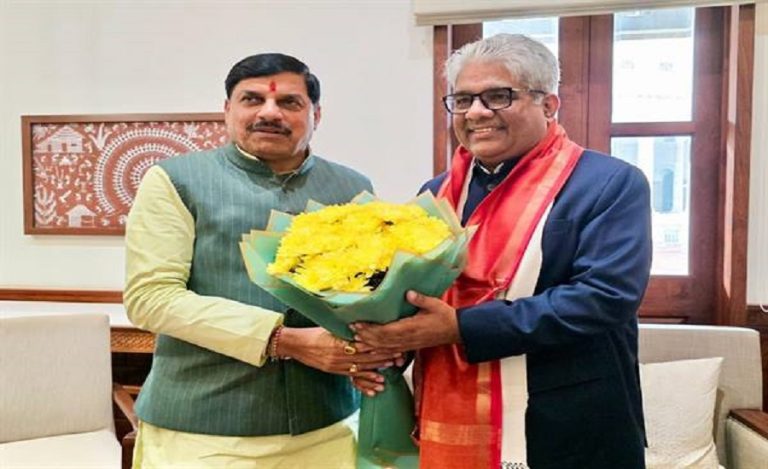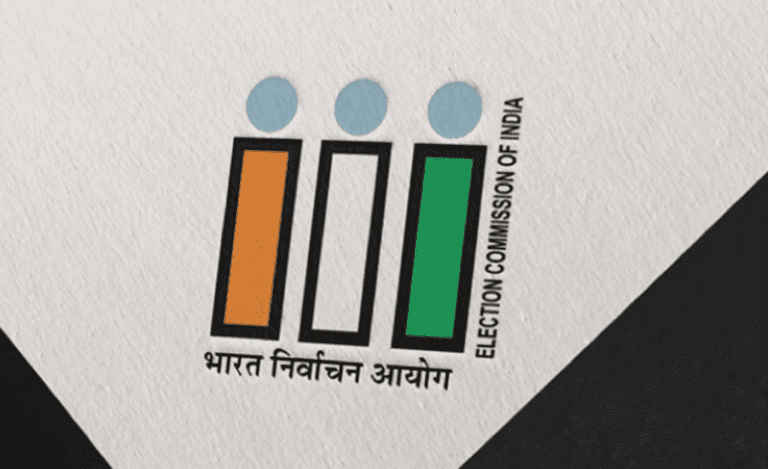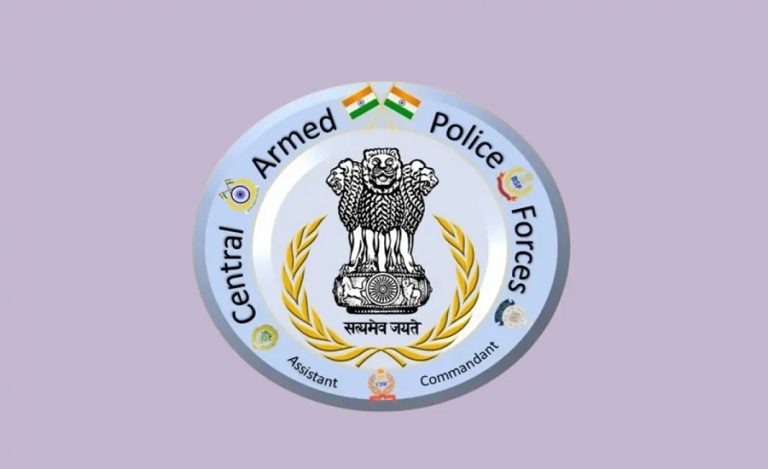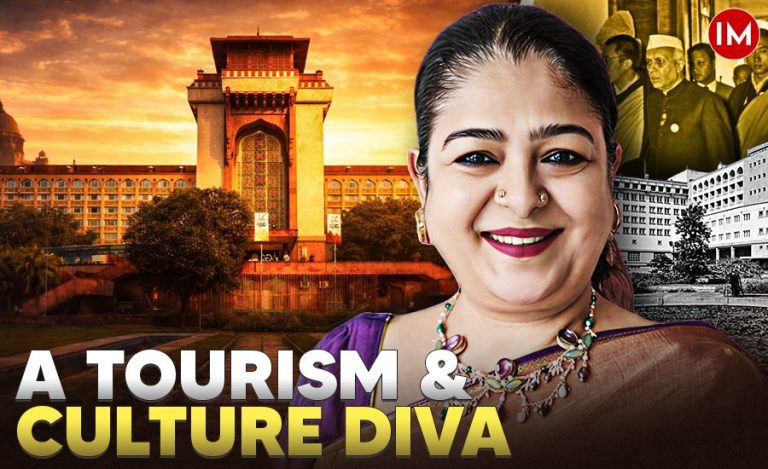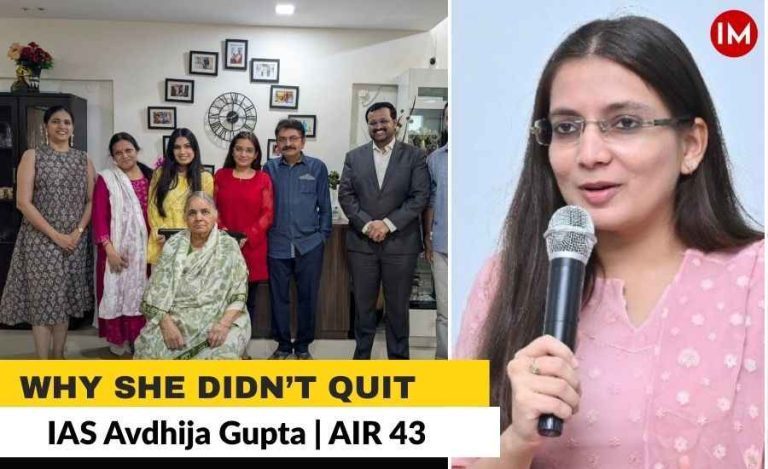In the idyllic setting of the Andaman and Nicobar Islands, a dark shadow looms. Despite its pristine beaches and lush landscapes, the Union Territory has recorded the highest rate of suicides in India for three consecutive years: 2018, 2019, and 2020. With rates of 41.0, 45.5, and 45.0 suicides per one lakh population respectively, the islands present a stark contrast to the all-India suicide rate of 11.3. Behind these numbers lie stories of despair, driven by illness, family problems, and substance abuse.
IPS Isha Singh, who was previously posted in the islands as a probationer, exclusively spoke to Indian Masterminds regarding this.
THE HUMAN COST
In 2020 alone, 180 individuals in the Andaman and Nicobar Islands took their own lives, which means, one suicide every alternative day, a heart-wrenching tally of 130 men and 50 women! The leading cause of these tragedies was illness, accounting for 47 deaths, followed closely by family issues and drug or alcohol addiction. The statistics point to a society grappling with a crisis that demands urgent attention and action.
ENTER IPS ISHA SINGH
Amidst this troubling backdrop, IPS officer Isha Singh, during her probation period in the Andaman and Nicobar Islands, Singh witnessed firsthand the toll of this epidemic. Her experience fueled a determination to address the underlying issues and spark change.
“Island people are gentler. Even the slightest issue can hurt them gravely. I saw this case where a young teenage girl committed suicide because of a tiny love affair dispute! If one just intervenes and gives them psychological support, a lot of this wouldn’t happen,” she told Indian Masterminds.
THE GENERATIONAL TRAUMA
The islands carry the weight of generational trauma dating back to the days of “Kala Pani,” when the British colonial regime used the islands as a penal colony. This historical burden, coupled with the lack of a cohesive community identity, creates a complex social landscape. The Andaman and Nicobar Islands are a melting pot of diverse cultures and ethnicities, lacking a singular, unifying culture. This diversity, while rich, can also contribute to a sense of isolation and disconnection among residents.
“Andaman and Nicobar Islands need to be looked upon with different perspectives, the main being its historical factors and significance. There is a lot of trauma that the island has experienced so I feel that in some way, it still exists in the psyche of the collective conscience of the people. They came as prisoners plus the whole kala paani fiasco, could have inherited some family trauma,” she shared.
THE CONNECTIVITY CHALLENGE
Geographical isolation adds another layer to the mental health crisis. Despite government efforts to enhance connectivity with the mainland, the islands remain relatively cut off. This limited access affects aspirations and opportunities, both crucial elements of mental well-being.
The absence of open dialogue about mental health issues further exacerbates the situation, with insufficient psychological support systems in place to encourage residents to seek help.
“The social structure is unique and different in itself and may not provide the kind of social stability that is required for a good mental health,” she stated.
THE ROLE OF RESILIENCE
In the sheltered environment of the islands, resilience becomes a key factor. The population’s insularity often means they are less equipped to deal with external challenges, leading to a sense of vulnerability. Building resilience is essential, but it requires a concerted effort to create an environment where individuals feel empowered to seek help and support one another.
PROACTIVE POLICING
The police force in the Andaman and Nicobar Islands has been proactive in tackling the suicide crisis. They engage with schools and colleges, conducting sensitization programs to educate young people about mental health and resilience. Community awareness initiatives aim to break the stigma surrounding mental health and encourage open conversations.
“We have this thing called the Police Entertainment Team that goes around making people aware of such things. We have a very fast response mechanism when we come to know that a person is contemplating suicide and we make sure that we reach on time. Suicide prevention is a larger issue. We are doing everything possible at our end but there is still a long way to go,” Ms. Singh told Indian Masterminds.
A CALL FOR HOLISTIC ACTION
The young officer recognizes that the police alone cannot solve this complex problem. A holistic approach is essential, involving various government arms, civil society, and community stakeholders. Mental health is not solely a government issue; it is a community challenge that demands collective action.
To combat the suicide epidemic, a multi-faceted strategy is necessary. This includes enhancing access to advanced medical care and establishing a network of counselors specializing in family problems. De-addiction centers must be set up in even the remotest areas to address substance abuse effectively. The illegal sale of alcohol must be curbed without resorting to blanket bans, which often prove ineffective.
A DEDICATED HELPLINE
A dedicated suicide prevention helpline staffed by trained counselors can provide critical support around the clock. This lifeline can offer immediate assistance and connect individuals to the resources they need to navigate their struggles.
Addressing the mental health crisis in the Andaman and Nicobar Islands requires a shift in priorities and a commitment to fostering an environment where every individual feels valued and supported. The journey toward zero suicides is daunting, but with the support of administration and police at the forefront, there is hope for a brighter future.
A COMMUNITY EFFORT
The fight against suicide is a community effort that transcends borders and backgrounds. By uniting government bodies, civil society, and local communities, the Andaman and Nicobar Islands can work towards healing and resilience. Together, they can create a society where mental health is prioritized, and every life is valued.

